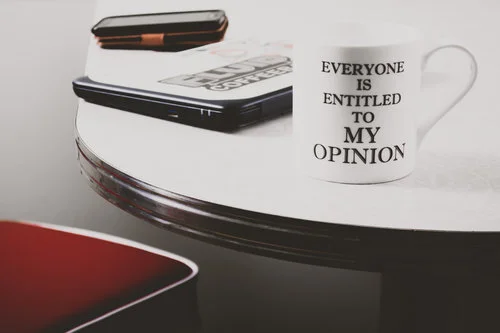A true, but too rare, act of statesmanship is the ability to forgive. It is essential to healing a divided nation, and Abraham Lincoln used it frequently.
Terry Newell
Terry Newell is currently director of his own firm, Leadership for a Responsible Society. His work focuses on values-based leadership, ethics, and decision making. A former Air Force officer, Terry also previously served as Director of the Horace Mann Learning Center, the training arm of the U.S. Department of Education, and as Dean of Faculty at the Federal Executive Institute. Terry is co-editor and author of The Trusted Leader: Building the Relationships That Make Government Work (CQ Press, 2011). He also wrote Statesmanship, Character and Leadership in America (Palgrave Macmillan, 2013) and To Serve with Honor: Doing the Right Thing in Government (Loftlands Press 2015).




















